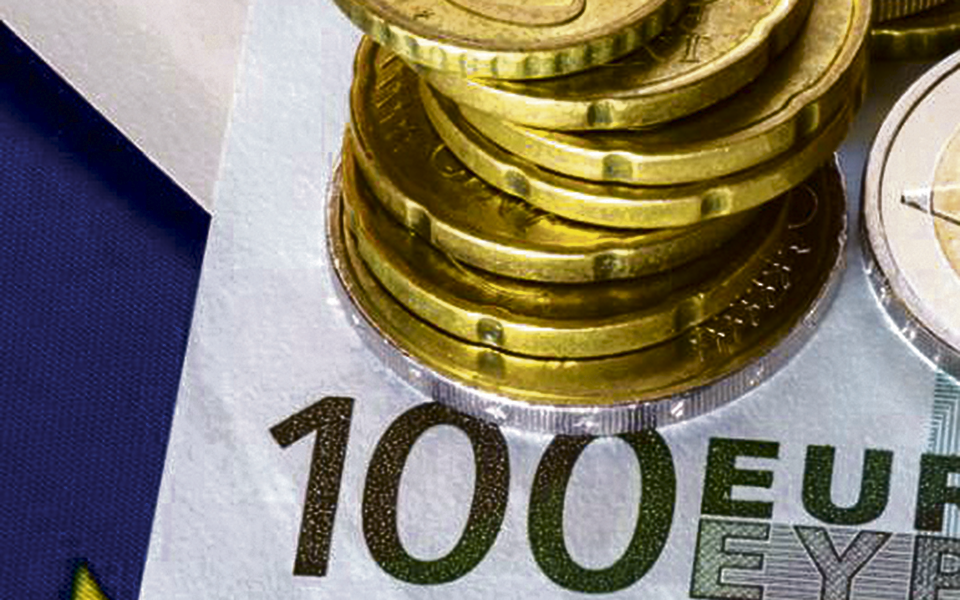The National Institute of Statistics explains that the year-on-year increase in the index is largely due to the abolition of the zero value added tax, which once again accelerated the food component.
The inflation rate in the first month of the year was 2.3% in the national economy, a value in line with the rapid estimate issued by the National Institute of Statistics at the beginning of January. The year-on-year increase in the index is largely due to the abolition of the zero value added tax, which once again accelerated the pace of the food component.
The National Institute of Statistics estimates the impact of the end of the value-added tax exemption system on a group of basic goods at 0.7 percentage points, which helps explain the rise in the same indicator compared to the 1.4% recorded in the previous month. Another relevant factor is the rise in electricity prices in the first month of the year.
Looking at components, energy commodities rose 0.2% year-on-year, reversing the 10.5% decline seen in December, while unprocessed foods accelerated from 2.0% in the previous month to 3.1% in January.
The series variance was zero, putting average inflation over the past 12 months at 3.8%, the statement said. The core index, which excludes the most volatile components of energy and unprocessed food goods, was 2.4%, lower than the 2.6% recorded in December.
The combined index, the reference index for European institutions, showed a year-on-year variation of 2.5%, an increase of 0.6 percentage points from the December reading. Compared to the eurozone average, inflation in Portugal fell by 0.3 percentage points in January.
[notícia atualizada às 11h16]

“Wannabe internet buff. Future teen idol. Hardcore zombie guru. Gamer. Avid creator. Entrepreneur. Bacon ninja.”

